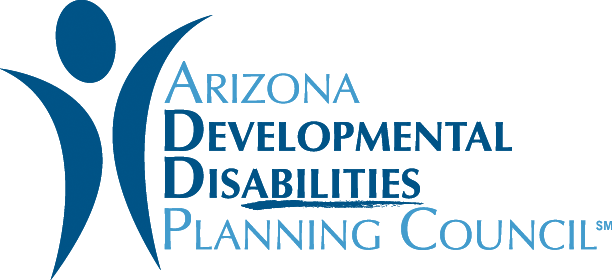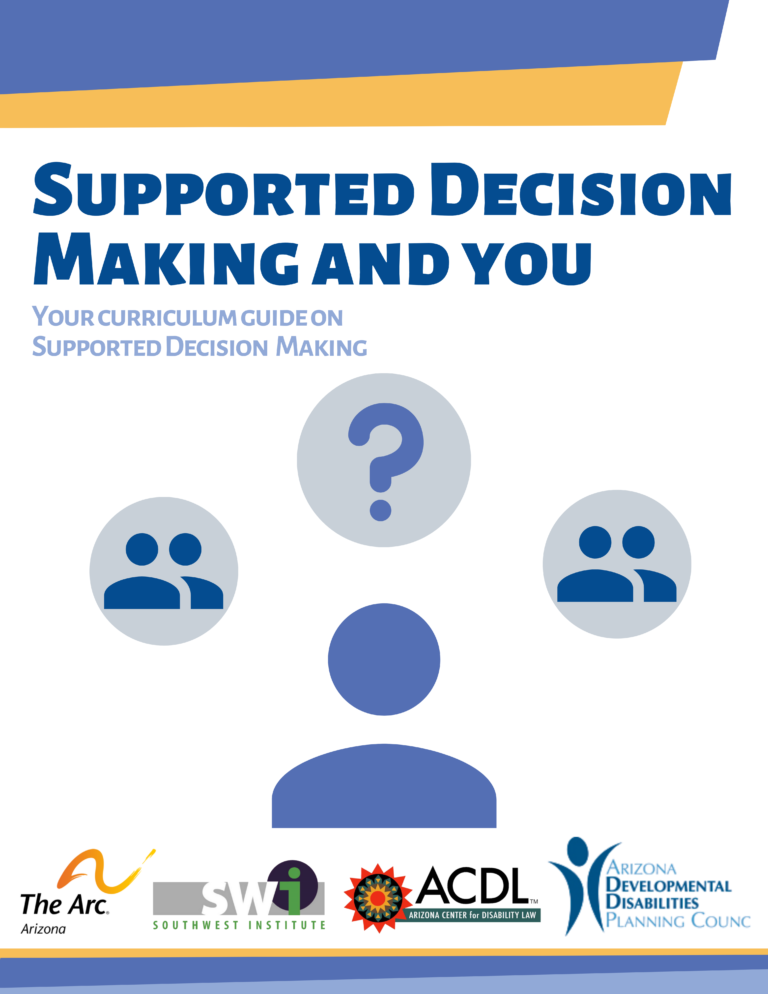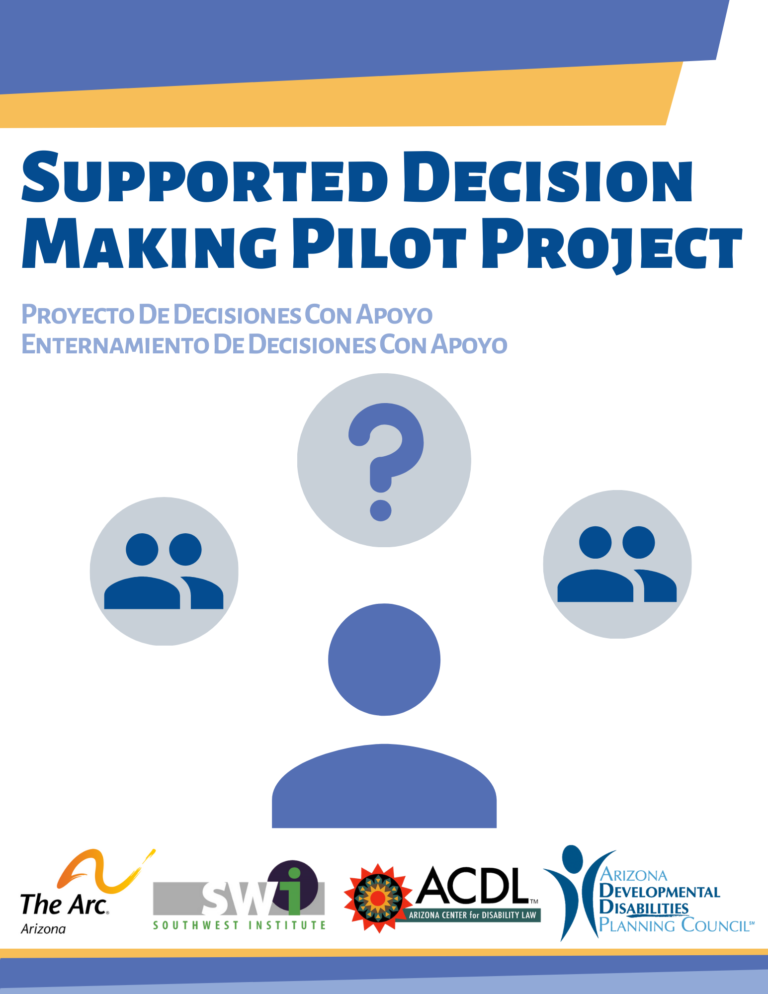Supported Decision Making – Spanish
Becky King Talks About Supported Decision Making – Spanish
Trying to determine whether to pursue legal guardianship of loved one can be one of the most difficult decisions families and caregivers may have to make in their life. Families and caregivers have to take into consideration how much independence and responsibilities their loved ones can handle while ensuring that they are reasonably safe from harm from themselves or others. To make matters more difficult, these decisions are often made without having accurate information about guardianship or the availability of alternatives to legal guardianship.
While in some cases legal guardianship is the right choice, it is not the only choice. Supported decision-making is a less restrictive alternative to legal guardianship. Instead of going through the courts to take away the rights of people with disabilities to make decisions for themselves, supported decision-making creates a network of support around the person to assist them in making their own decisions.
Considering supported decision-making? Ask yourself this,
“Given the right support, can the person with the disability make decisions for themselves?”.
Arizona’s Developmental Disabilities Planning Council funds the Supported Decision-Making Project. The goal of the project is to increase the use of supported decision-making as a less restrictive alternative to legal guardianship among people with intellectual and developmental disabilities as well as the aging population. To achieve this goal, The Arc of Arizona, and Disability Rights Arizona, are continuing to work together to develop and implement curriculum educating the public about supported decision-making.
 The ADDPC is supported through a federal grant by the Administration on Community Living (ACL), U.S. Department of Health & Human Services (HHS). Services provided under contract, including the views expressed in written materials or publications and by any speakers do not necessarily reflect the official policies of the ADDPC, ACL or HHS.
The ADDPC is supported through a federal grant by the Administration on Community Living (ACL), U.S. Department of Health & Human Services (HHS). Services provided under contract, including the views expressed in written materials or publications and by any speakers do not necessarily reflect the official policies of the ADDPC, ACL or HHS.



